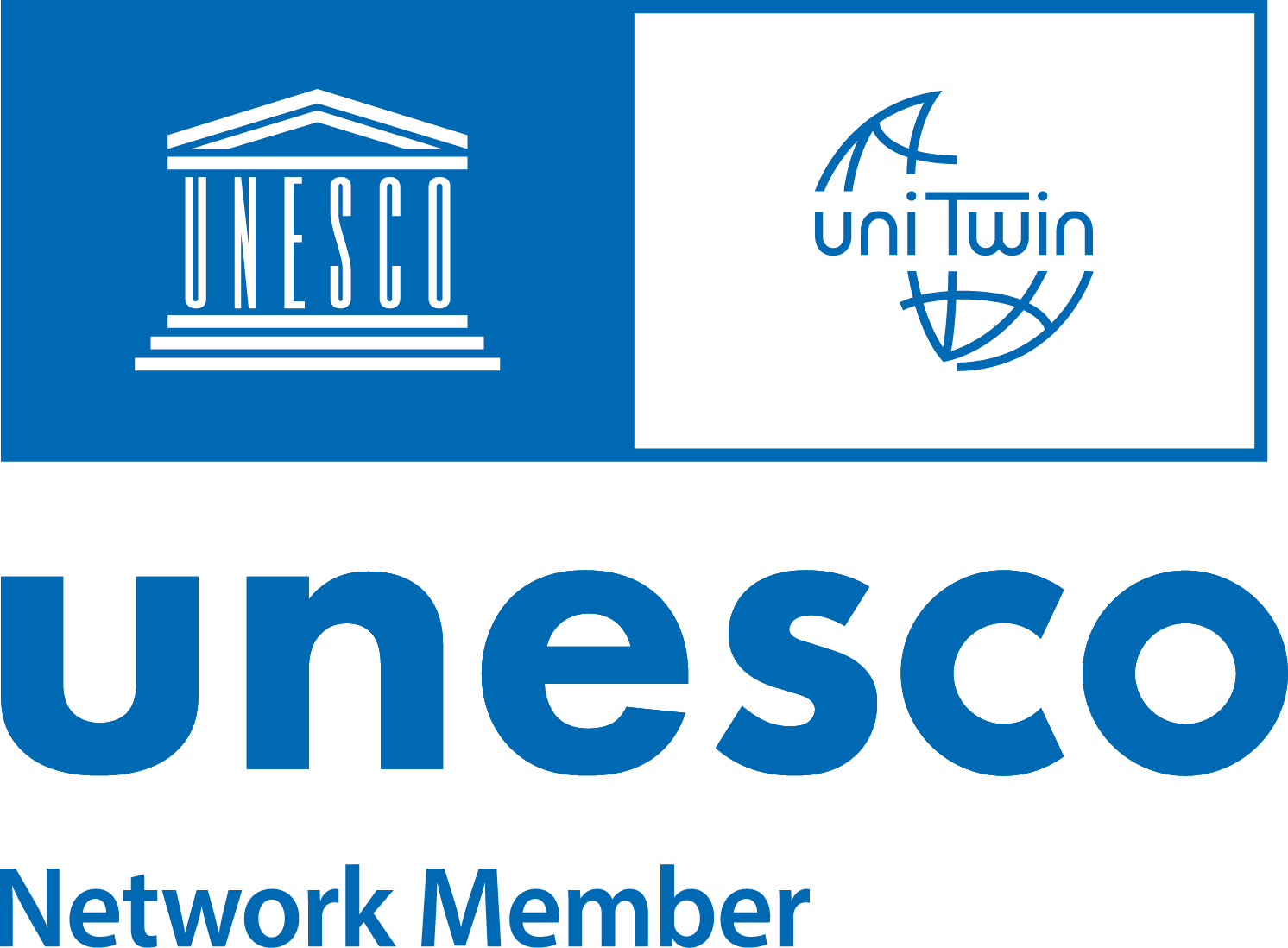UNITWIN/UNESCO Network on Teacher Education publish two Policy Briefs for the WHEC 2022
UNESCO World Higher Education Conference (WHEC) 2022 was held in 18-20 May Barcelona, Spain. Members of UNITWIN/UNESCO Network on Teacher Education for Social Justice and Diversity made policy briefs on inclusive and online teacher education, which are now published.
UNITWIN/UNESCO Network on Teacher Education has three subgroups focusing on different themes. The themes are inclusive education, online and rural education and Indigenous education. The inclusive and online and rural education groups wrote policy briefs that bring up the current issues, challenges and problems faced in the field.
The policy briefs are to enrich the process of updating knowledge, explore paths on higher education, and prepare its roadmap within the framework of the 2030 Sustainable Development Agenda (WHEC 2022 Guidelines for Knowledge Contributions).
Inclusive education group wrote a policy brief titled
"Education for All: Approaches to Teacher Education for Inclusion", which views the practices of inclusive education in different countries.
Abstract:
Over the last thirty years, there has been an international aspiration to make education provision both inclusive and equitable with resultant policy production at both international and national level. Over time, the focus of this activity has moved from the specific needs of disabled students to consideration of how schools might celebrate diversity and provide effective learning for all students. Teacher education is viewed as a key factor in creating school environments where all young people have equity of access to relevant learning opportunities no matter their background or circumstances.
This paper presents six case studies from Finland, New Zealand, Lithuania, Scotland, Norway and Canada charting the changes made over time to educational provision within their national context aiming to make schools more inclusive. Each case study highlights some of the ways in which teacher education has adapted in response to these policy changes to prepare new teachers to work in inclusive school settings. Common to all case studies is the identification that further research and change is required to meet the professional learning requirements of our future teachers. In response to this identified need. Highlighting the complex nature of providing inclusive education for all, it is suggested that future teacher education must continue to explore new ways to enhance the professional expertise of teachers to be inclusive of all learners in their daily practice.
Authors: Beaton, Mhairi C., Ph.D, Leeds Beckett University; Burke, Anne, Ph.D, Memorial University, Newfoundland, Canada; Dharan, Vijaya, Ph.D, Massey University, New Zealand; Galkiene, Alvyra, Ph.D, Vytautas Magnus University, Lithuania; Kyrö-Ämmälä, Outi, Ph.D, University of Lapland, Finland; Lakkala, Suvi, Ph.D, University of Lapland, Finland; Löfström, Jan, Ph.D, University of Turku, Finland; Maxwell, Gregor, Ph.D, UiT The Arctic University of Norway, Norway.
Online and
rural education group focused on teachers' digital competencies in their policy
brief titled "Teacher Education in the Frontline: Improving future Teachers'
Digital Competencies for the Enhancement of Learning Outcomes and to Promote Equality".
Summary:
The rapid move to remote learning in 2020 caused by the COVID-19 pandemic created a challenge for all educational institutions. The pedagogy of online teaching is not usually included in teacher education, and the recent experiences of online education have revealed that many teachers have a lack of knowledge in online pedagogy and digital tools. There is also a variation in how educational institutions and personnel value the importance of digital education, with factors such as media, city or regional setting and community opinion often influencing educational decisions. Furthermore, even if teachers' digital competencies are appreciated, the availability of digital devices varies substantially between schools.
To achieve meaningful learning and improved learning outcomes through online education, future teachers need competencies in using digital tools and online pedagogical methods. In addition, they need to understand the move from web1.0 to web2.0 and the maker-culture in which the children and young people are living. Rural and Indigenous communities should have a strong presence in teacher education. Local languages and culture can be lost in English speaking online environments, and this is further hampered by expensive or limited access to the Internet. With these competencies and a critical understanding of the realities of online teaching and learning, future teachers can be equipped for their working lives in the coming decades and will be able to ensure educational equality for their students.
Authors: Korte,
Satu-Maarit, Ph.D. University of Lapland, Finland; Burton, Steve, EdD. Leeds Beckett University; Keskitalo, Pigga, Ph.D. University of Lapland, Finland; Turunen, Tuija, Professor, University
of Lapland, Finland; Beaton, Mhairi,
Professor, Leeds Beckett University; Lee,
Chi-Kin John, Ph.D. Education University of Hong Kong; Kong, Siu-Cheung, Ph.D. Education University of Hong Kong; Wang, Lixun, Dr. Education University
of Hong Kong; Smith, David, Ph.D.
Charles Sturt University, Australia; Munday,
Jennifer, Ph.D. Charles Sturt University, Australia
You can find the full policy briefs at https://whec2022.net/ under 'Resources'.

The UNITWIN Network on Teacher Education was established on May, 2018. The purpose of the network is to promote teacher education practices especially in the fields of inclusive education, education for long distances and Indigenous education. The Network will develop North-South collaboration and aims to create long-term partnerships. The network has 18 member universities from 11 countries. It's led by Professor Tuija Turunen, University of Lapland.
